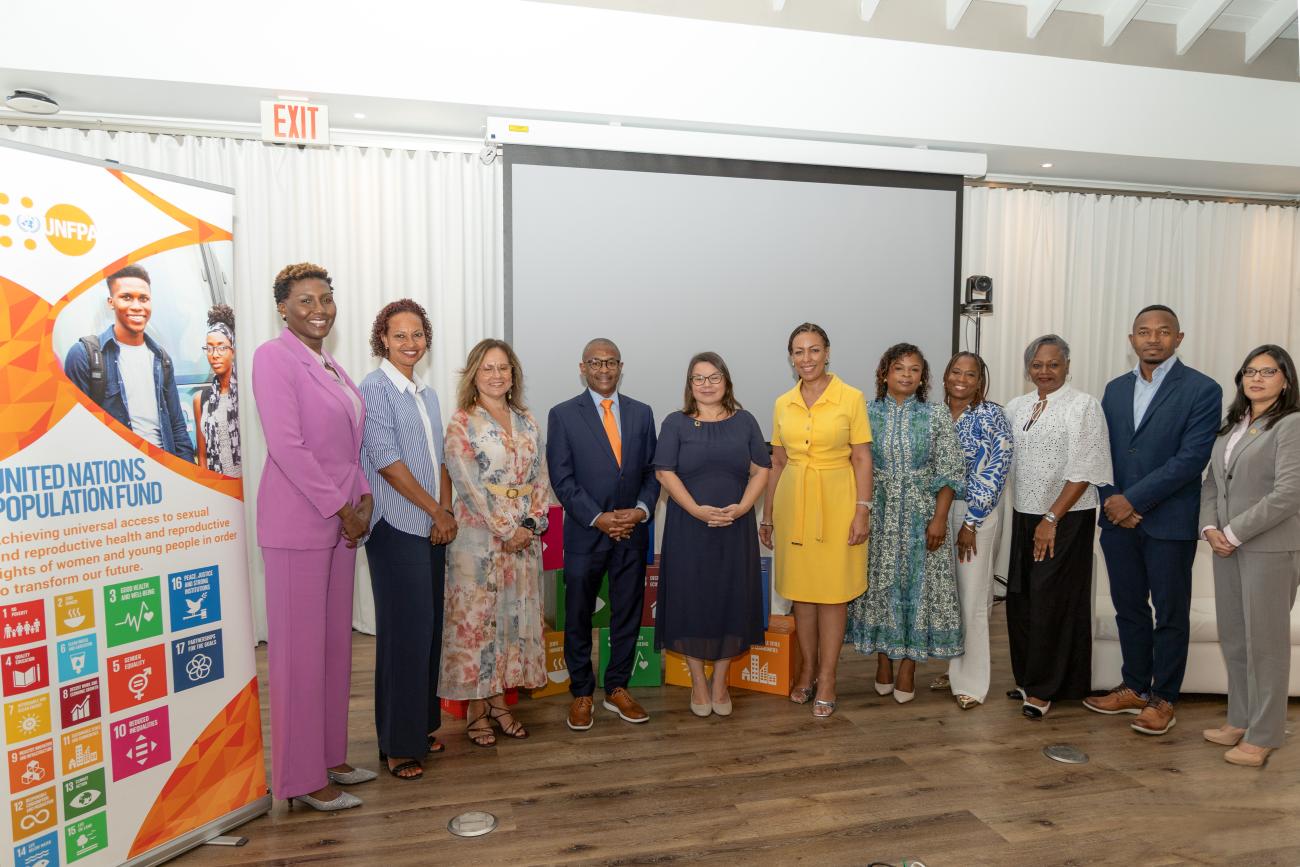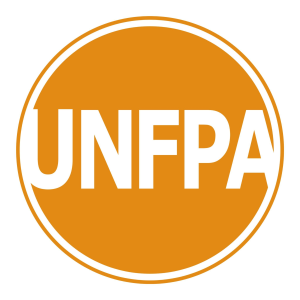Women at the heart of Caribbean tourism: UNFPA facilitates partnership to address gender-based violence (GBV) in workplaces

UNFPA and the Caribbean Hotel and Tourism Association convened Caribbean tourism stakeholders to address gender-based violence across the sector regionally.
In a vital step toward safer and more inclusive workplaces, UNFPA in Barbados played a key role in bringing together regional leaders, industry stakeholders, and advocates to address gender-based violence within the Caribbean tourism sector. This important dialogue took place during the hybrid regional forum, “The Multiplier Effect: Women Shaping the Future of Caribbean Tourism,” co-hosted by UNFPA and the Caribbean Hotel and Tourism Association (CHTA) at the O2 Beach Club and Spa in Barbados.
The forum underscored the collective commitment needed to eliminate gender-based violence in the workplace and foster work environments where all women can thrive. The event also provided a platform to discuss and highlight key findings from two important data products developed by UNFPA this year - The Pulse on Progress Survey and the U.S Women’s Market Sentiment Survey. Results from both surveys will be available later this month on UNFPA’s website.
The Pulse on Progress Survey, commissioned by UNFPA to understand the needs and priorities of women working in the hotel and tourism sector in the Caribbean, had compelling insights on workplace culture. 21% of respondents reported that GBV or harassment had occurred between employees and gone unreported; only 50% reported that their workplace has actively implemented policies in place to address GBV and/or harassment. The findings indicate a clear need to build workplace environments where women not only feel physically safe, but where potential risks are mitigated and robust and confidential report systems are in place.
The U.S. Women’s Market Sentiment Survey, commissioned by UNFPA and conducted by Trove Tourism Development Advisors, gathered important data on what influences U.S. women’s travel decision-making, particularly in choosing Caribbean destinations. The survey found that 66% are willing to pay more for accommodations with certified ethical and socially responsible practices. Furthermore, 79% say it’s very or extremely important for hotels to have visible systems to report harassment or violence.

Barbados’ Minister of Tourism and International Transport, Hon. Ian Gooding-Edghill, opened the event by highlighting that tourism supports over 2.75 million jobs—15% of total employment in the Caribbean. “Women account for 70% of that workforce,” he noted, adding that Barbados is actively “embedding gender equality” into its tourism strategy through partnerships and new workplace policies to eliminate gender-based violence.

UNFPA Deputy Director and Officer-in-Charge, Jenny Karlsen, underscored the urgent need for timely and effective interventions to address gender-based violence in the Caribbean, noting that one in three women in the region have experienced physical and/or sexual violence in their lifetime. Ms. Karlsen reinforced UNFPA’s role in convening key stakeholders across the public and private sectors to drive strategic, transformative partnerships that benefit all women and girls in the Caribbean. She also expressed appreciation to O2 Beach Club and Spa, hosts of the forum, for their commitment to spotlighting the importance of tackling gender-based violence in the workplace.
CHTA CEO Vanessa Ledesma echoed the need for actionable data and committed to “advancing practical, meaningful steps that create stronger and more inclusive workplaces.” She called for shared responsibility: “That future doesn’t take shape on its own—it requires intention, investment, and shared ownership.”
Meanwhile, Ocean Hotels Group CEO, Patricia Affonso-Dass, underscored the “transformative power of empowering women,” calling for stronger leadership, mentorship, and workplace cultures that reflect respect and equity. “Zero tolerance policies must not only exist in principle, but in practice,” she stressed.
Following the opening, a panel discussion brought together experts from the tourism and development sectors to examine how the industry can strengthen responses to gender-based violence in the workplace. Panelists discussed the importance of clear policies, confidential reporting mechanisms, and consistent enforcement to ensure that all employees can work in safe and respectful environments. The session also underscored the role of leadership in setting the tone for zero tolerance and the value of coordinated action among partners to drive systemic change across the sector.
De-Jane Gibbons, UNFPA Liaison Officer for Barbados and the Eastern Caribbean, in her remarks to wrap up the event, called for renewed commitment to ending gender-based violence in the workplace. “Let us spark change. Let us hold each other accountable,” she urged. She emphasized that real progress will only come when action matches intention—through strong leadership, clear policies, and a collective will to create safer, more equitable spaces for all.
The Sub-Regional Office for the Caribbean will be publishing the results of the data products introduced at the forum on their website in July, along with other key resources and training modules for businesses, government and private sector stakeholders to drive evidence-based, strategic action for safer, more inclusive workplaces for women.
Written by



